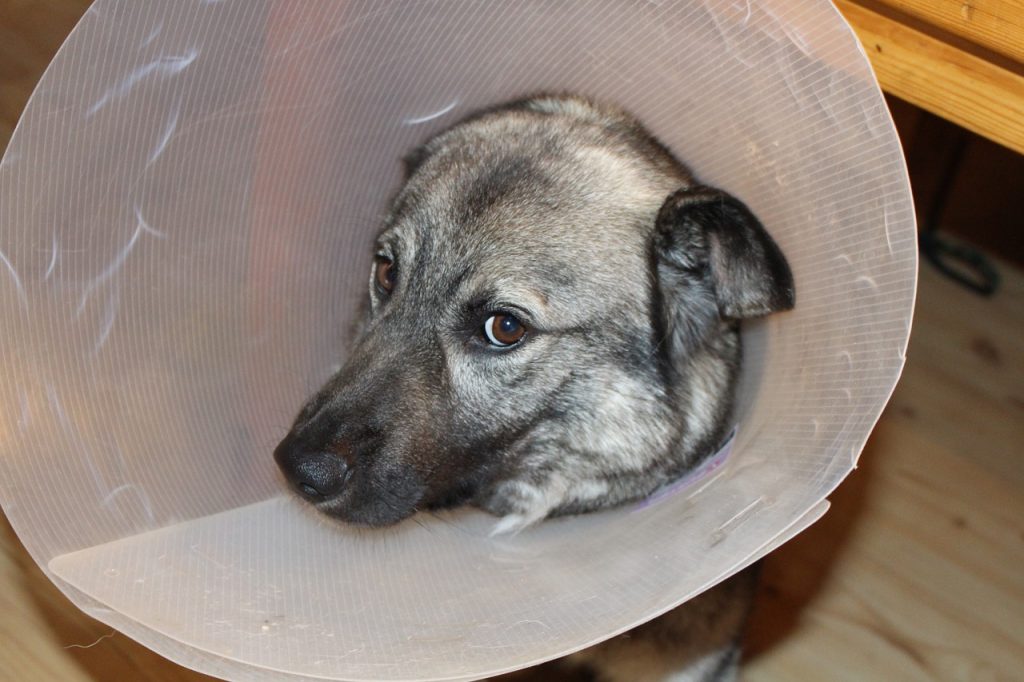If you want to get a dog or have just adopted a dog, you will need to learn a lot about how to care for it, feed it, play with it, and train it. Why? Because a dog needs a lot of care and love. Even though you might have already read hundreds of articles on this topic, you might end up being unsure as to what you are supposed to do from time to time.
Fortunately, the more you study, the better prepared you will be for emergencies and unexpected incidents, and this article will help you do just that!
Here, you will find a list of the most common infections in dogs and the ways to treat and prevent these infections. Check it out, educate yourself, and learn how to care for your furry friend!
Read – How to Welcome new puppy home
Table of Contents
Common Dog Infections You Must Know About
Ear Infections
Ear infections are incredibly common in dogs, especially, some certain breeds are more like to get these infections such as Miniature Poodles, Cocker Spaniels, Pit bulls, and almost all breeds with floppy ears.
In a nutshell, an ear infection happens when the ear canal of your dog becomes inflamed. It tends to be caused by mites and different species of bacteria and fungi. In some cases, it might be a combination of each of these things. Needless to say, it can be really painful for your dog.
The symptoms of an ear infection include ear scratching, head shaking, loss of appetite, and a bad odor coming from the ears. In order to treat your dog’s ear infection, you need to take it to your veterinarian ASAP. The vets are likely to give your dog specific medications, such as prednisone for dogs or others, to treat the infection. In the most severe cases, the infection may have to be treated surgically.
Itching and Skin Issues
Skin problems in dogs have several potential causes, including allergic reactions and parasites. If your dog is allergic to something, you will notice that it is really itchy and that its skin is red and inflamed. In addition to that, there may be dandruff on its coat. If parasites, such as fleas, ticks, and mites, are the cause of the problem, you might be able to spot these tiny creatures on your dog’s fur.
However, instead of guessing what your dog is dealing with, you should take it to a veterinarian. They will check for parasites and other diseases and figure out what the cause of the problem is. If need be, they will prescribe a topical treatment and oral medications.
Related: Coconut Oil for Dogs
Urinary Tract Infections
Dogs are prone to urinary tract infections especially, Bichon Frise, Yorkshire Terrier, and Shih Tzu. It is a condition that occurs when the urinary tract of your dog becomes inflamed or has stones. In general, it is caused by bacteria. The symptoms of such an infection include blood in your dog’s urine, frequent urination, pain while urinating, and lethargy. It might not sound that serious, but if left untreated, your dog might end up with a kidney infection. In the most severe cases, it might lead to kidney failure.
To protect your dog from such infections, you should feed it high-quality food and ensure that it has plenty of fresh water to drink. If your dog does develop a urinary tract infection, take it to a veterinarian as soon as you possibly can.
Gastroenteritis
Have you ever heard of gastroenteritis? In short, it is a condition that causes your dog’s stomach and bowels to become inflamed. The main symptoms of gastroenteritis in dogs are vomiting, diarrhea, lethargy, fever, blood in the stool, and blood in the vomit. If it is not treated promptly, it can lead to many unpleasant complications.
If you suspect that your dog is suffering from gastroenteritis, you should take it to a veterinarian. They will prescribe special medications and are likely to tell you to change your dog’s diet. If your dog’s case is severe, the veterinarian may have to treat the condition surgically, too.
Oral Infections
Oral infections are incredibly common in dogs. They are caused by many different species of bacteria and fungi, as well as viruses and parasites. If your dog has an oral infection, it is likely to bleed from its mouth and have bad breath. Its general condition might deteriorate, too.
Luckily, there are many things that you can use to treat such an infection, including dog mouthwash, non-steroidal anti-inflammatory drugs, dental cleaning, and antibiotics. Ideally, you should take your dog to a veterinarian and ask about the treatment options that are available to you.
Also, if you make it a habit for your dog to brush its teeth from an early age, the risk of oral infections reduces significantly.
In Conclusion
To sum up, the infections listed in this article are among the most common infections in dogs. However, there are many others that your dog might end up dealing with depending on its breed, age, living conditions, and even gender. Luckily, if you know what symptoms you should be on the lookout for, you should be able to take action as soon as possible.
If you need additional information on the ways to treat and prevent the infections listed here, get in touch with your veterinarian. They should be able to answer every one of your questions in no time!
Recommended read – 180+ Best Chinese Dog Names with Meanings in 2023

